How to Make a Cozy Reversible DIY Pillow Headboard

Looking for a quick and easy way to cozy up your bedroom decor? This DIY pillow headboard project is just what you need!
Whether you're a seasoned crafter or a DIY newbie, you'll love how simple and budget-friendly this project is.
This post was transcribed by a member of the Hometalk editorial team from the original HometalkTV episode.
Best fabric scissors!
Tools and Materials:
- Thrifted flat sheets (2 different colors/patterns)
- Scissors
- Sewing machine or needle and thread
- Foam padding
- Hot glue gun
- Fabric ties or ribbons
Hometalk may receive a small affiliate commission from purchases made via Amazon links in this article but at no cost to you.
1. Gather Your Materials
The first step in creating your DIY pillow headboard is to gather all the materials you'll need. Head to your local thrift store to find some inexpensive flat sheets in colors or patterns that complement your bedroom decor.
You'll also need foam padding to give your headboard some structure, as well as fabric ties or ribbons to secure it to your bed frame.
2. Sew Your Sheets Together
Once you have your materials, it's time to start sewing! Lay out your two thrifted flat sheets and trim them to the desired size for your headboard.
Then, use a sewing machine or needle and thread to stitch the two sheets together along the edges, leaving a 2 to 3-foot opening at the bottom. This will allow you to insert the foam padding later on.
Once done, iron out your headboard cover.
3. Insert the Foam Padding
Next, fold a piece of foam padding to fit inside the opening you left in the sheets.
The foam will provide support and comfort.
Once the foam is inserted, fold the sheets over the foam to create the pillow-like shape of your headboard.
4. Secure the Ties
Attach your DIY foam headboard to your bed frame using ribbon or fabric ties.
Use a hot glue gun to secure the fabric ties to either side of the headboard.
Then, tie both ends of the ties in cute bows to add a decorative touch to your headboard.
Ready to try another fun DIY project?
DIY Pillow Headboard Tutorial
Once your headboard backrest pillow is complete, place it over your existing headboard.
The best part? It's reversible, so you can switch up the look whenever you want!
Experiment with different colors and patterns to find the perfect style for your space.
So why wait? Grab your materials and get started on this simple yet impactful project today!
Enjoyed the project?

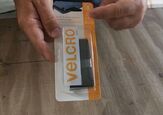
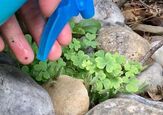

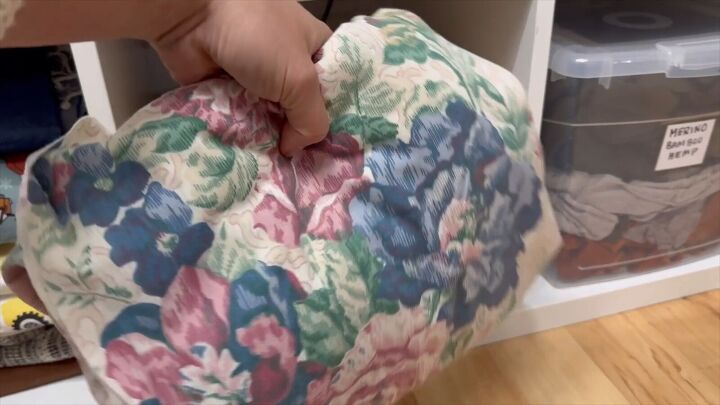













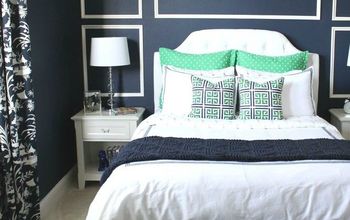
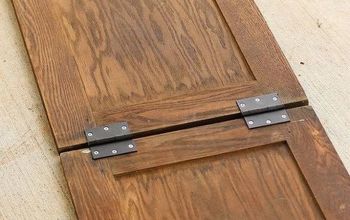



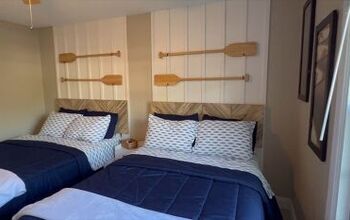
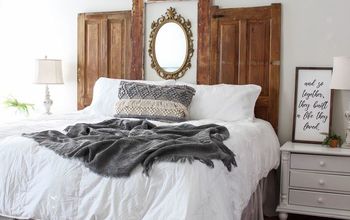
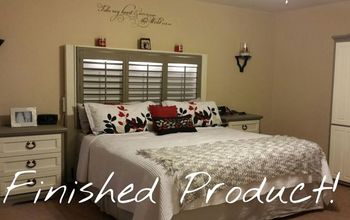
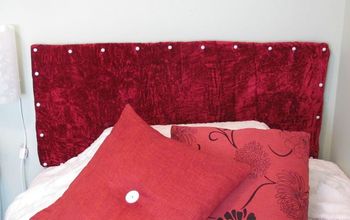
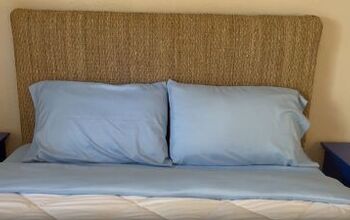
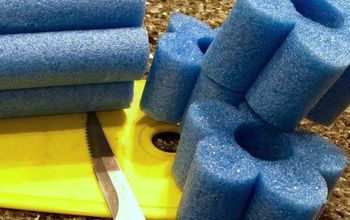
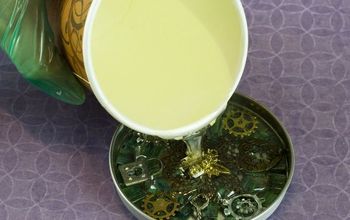
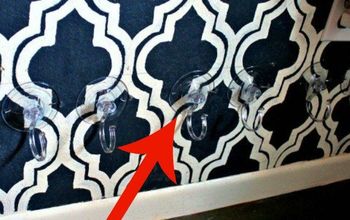
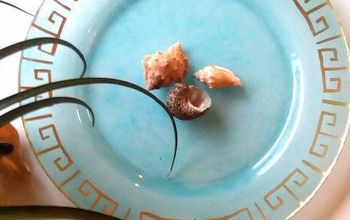
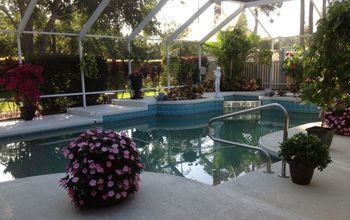
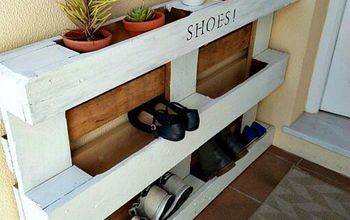

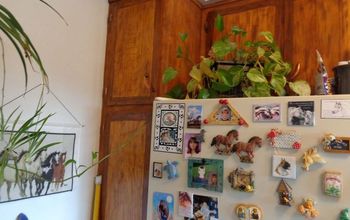

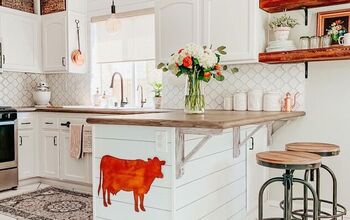
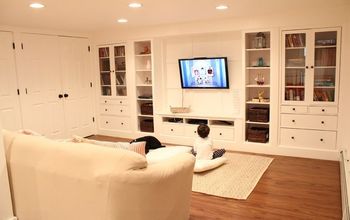
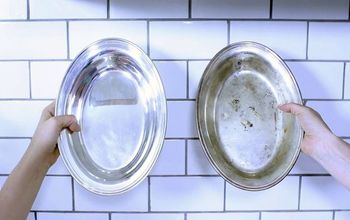

Frequently asked questions
Have a question about this project?
Why glue the ties instead of sewing them in before closing the backrest?